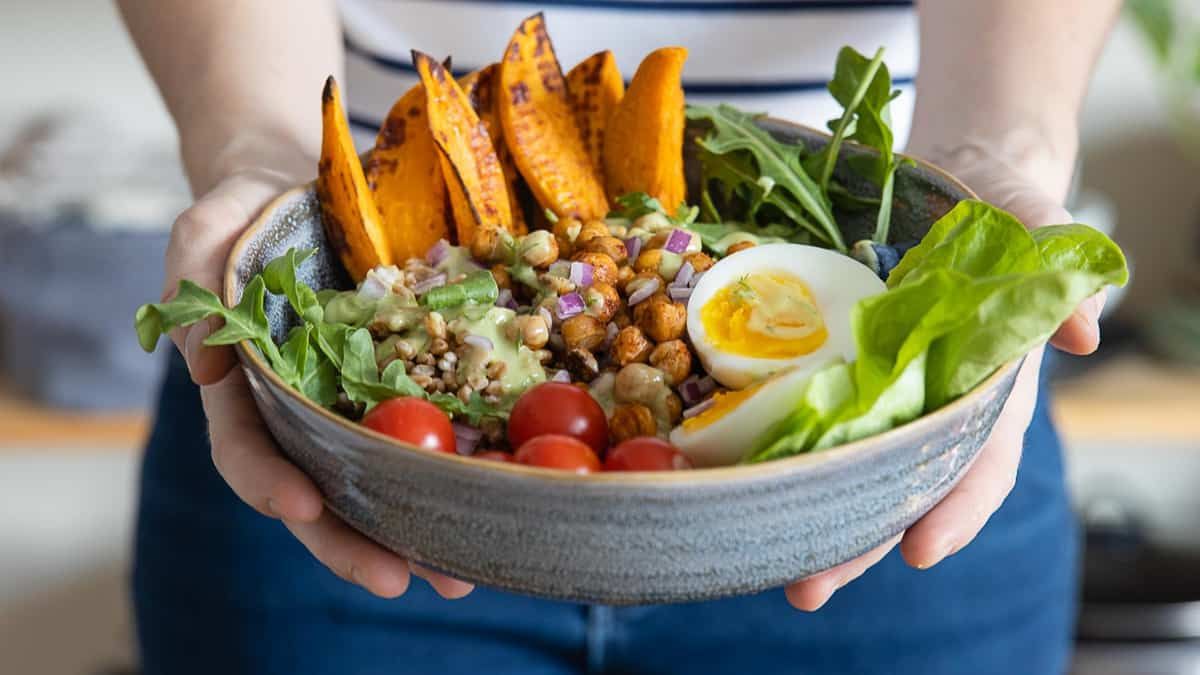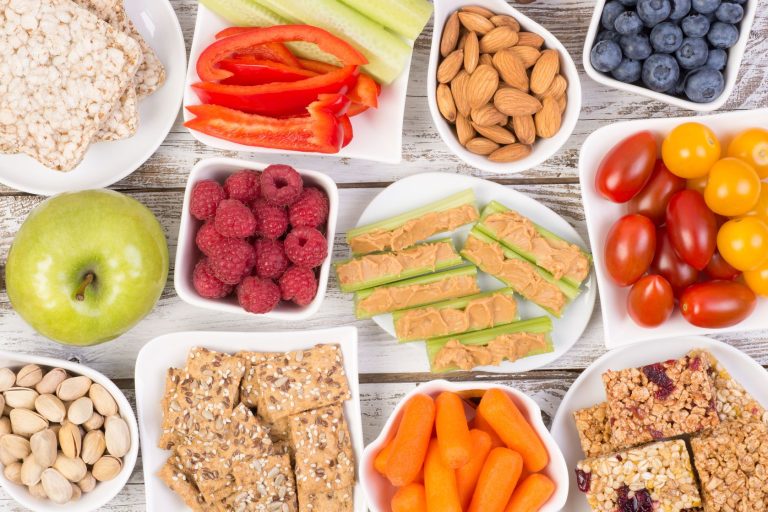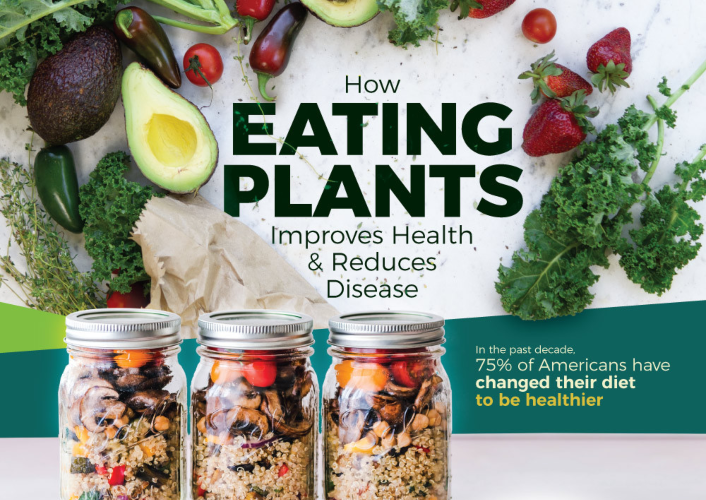Cooking nutritious meals is an essential part of maintaining a healthy lifestyle. A well-balanced diet provides the necessary nutrients for our body to function optimally, boosts our immune system, and helps prevent chronic diseases. However, with busy schedules and limited time, it can be challenging to prepare healthy meals consistently. This guide aims to provide you with tips and tricks to simplify the process of cooking nutritious meals, making it easier for you to prioritize your health.
Plan Ahead
Planning ahead is a key factor in cooking nutritious meals. Take some time each week to plan your meals, create a shopping list, and schedule some prep time. When you know what you’ll be cooking in advance, you can ensure you have all the necessary ingredients on hand, avoiding the temptation of unhealthy takeout options.
During your meal planning, try to include a variety of fruits, vegetables, whole grains, lean proteins, and healthy fats. This way, you’ll have a well-rounded diet that covers all the essential nutrients your body needs.
Choose Fresh Ingredients
The quality of the ingredients you use greatly affects the nutritional value of your meals. Fresh produce, lean meats, and whole grains pack a more significant nutritional punch than processed foods and pre-packaged meals. Aim to include lots of colorful fruits and vegetables in your dishes as they offer a wide range of vitamins, minerals, and antioxidants.
When shopping for groceries, focus on the perimeter of the store where fresh produce and unprocessed foods are usually located. Try to avoid processed snacks and foods that are high in sodium, added sugars, and unhealthy fats. Opt for whole foods as much as possible.
Cooking Techniques
The cooking techniques you employ can also impact the nutritional content of your meals. Steaming, baking, grilling, and sautéing are healthier alternatives to frying. When you fry foods, they tend to absorb more oil, increasing the calorie content and unhealthy fat intake.
When possible, opt for lighter dressings, marinades, and sauces that don’t add unnecessary calories. Experiment with different herbs and spices to enhance the flavor of your dishes without relying on excessive salt or sugar.
Portion Control
Even when cooking nutritious meals, it’s important to practice portion control. Overeating, even with healthy foods, can lead to weight gain and other health issues. Pay attention to recommended serving sizes and listen to your body’s hunger and fullness cues.
Consider using smaller plates and bowls to help control portions. Fill half of your plate with vegetables, one-quarter with lean protein, and the remaining quarter with whole grains or other carbohydrates. This balanced approach ensures you’re getting the right mix of nutrients.
Meal Prep and Batch Cooking
Another time-saving strategy for cooking nutritious meals is meal prepping and batch cooking. Dedicate a few hours each week to prepare larger quantities of food that can be portioned and stored for later use. This way, you’ll have ready-made meals and ingredients available when you’re short on time or feeling less motivated to cook.
Invest in airtight containers to keep your prepped meals fresh and ensure food safety. Label and date each container to track its freshness. Having pre-cooked proteins, chopped vegetables, and cooked grains on hand can transform a simple salad or stir-fry into a nutritious meal in minutes.
Conclusion
Cooking nutritious meals doesn’t have to be a daunting task. With proper planning, fresh ingredients, smart cooking techniques, portion control, and meal prepping, you can easily incorporate healthy eating into your lifestyle. Remember, small changes can lead to significant long-term benefits. Start today, and enjoy the endless possibilities of delicious and nourishing meals that will support your overall well-being.









